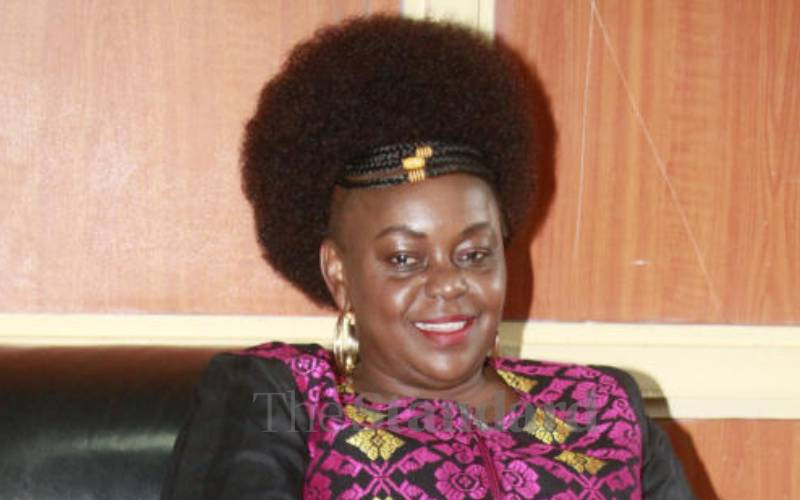×
The Standard e-Paper
Kenya’s Boldest Voice

Suba North MP Millie Odhiambo is keen to see two Bills on reproductive health passed based on her own experience.
Millie is pushing the Assisted Reproductive Technology Bill 2022 and the Family Reproductive Health Care Bill 2022 after previous attempts failed.